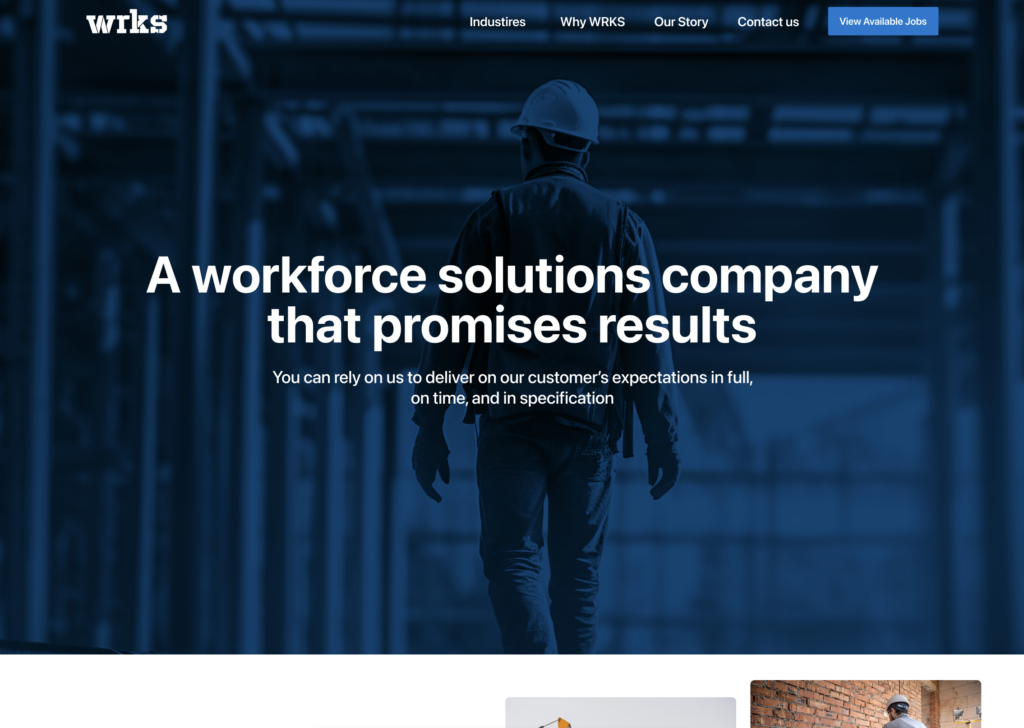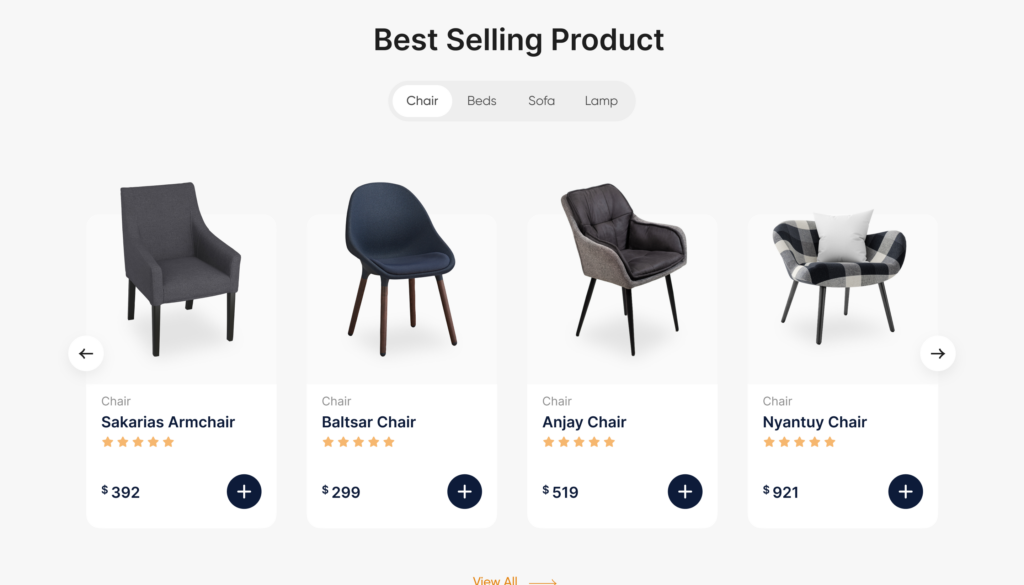Custom vs. Template Website Design: Which Is Right for You?
When planning a new website for your business, one of the most important decisions you’ll make is whether to go for a custom website design or use a template-based design. Both options have their advantages and drawbacks, and the best choice depends on your specific business needs, goals, and budget.

When planning a new website for your business, one of the most important decisions you’ll make is whether to go for a custom website design or use a template-based design. Both options have their advantages and drawbacks, and the best choice depends on your specific business needs, goals, and budget.
In this post, we’ll dive into the differences between custom and template-based website designs, exploring the pros and cons of each to help you determine which approach is right for your business.
What Is a Custom Website Design?
A custom website design is a website built from scratch, designed specifically to meet the unique needs of your business. Everything from the layout to the functionality is tailored to your brand, allowing for full control over how your website looks and operates.
Key Features of a Custom Website Design:
- Unique Design: No two custom websites are alike. The design is created specifically for your business, ensuring that your site stands out from competitors.
- Scalable: Custom websites are built with flexibility in mind, allowing you to easily add new features or expand your site as your business grows.
- Tailored Functionality: Whether you need complex ecommerce functionality, integration with third-party tools, or custom forms, a custom website can be built to accommodate your specific requirements.
Want to find out how a custom site design can boost up your business? Check out our article here!

What Is a Template-Based Website Design?
A template-based website design uses pre-designed website layouts that can be customised to a certain extent.
Key Features of a Template-Based Website Design:
- Pre-Designed Layouts: Templates provide a starting point with pre-made layouts that can be adjusted with your business’s branding, images, and content.
- Faster Setup: Template-based websites can be up and running in a fraction of the time compared to custom websites.
- Lower Cost: Since the design and development work is already done, template-based websites are typically much more affordable than custom builds.

The Pros and Cons of Custom Website Design
Pros of Custom Website Design:
- Full Customisation: A custom design gives you complete control over every aspect of your website. You can create a unique user experience that perfectly aligns with your brand and business goals.
- Built for Your Business: Custom websites are designed to meet the specific needs of your business. Whether you need advanced functionality, such as booking systems or integrations with other software, a custom website can be tailored to fit your exact requirements.
- Scalable: As your business grows, so can your website. Custom websites are built to evolve with your business, allowing you to add new features and pages as needed.
- Unique Brand Identity: A custom website allows your business to stand out from the crowd. Unlike template-based websites, which can look similar to others, a custom design reflects your brand’s unique identity.
- SEO-Friendly: A custom website can be optimised for search engines from the ground up. You’ll have full control over site structure, meta tags, and other important SEO elements, giving you a better chance of ranking higher in search results.
Cons of Custom Website Design:
- Higher Cost: Custom websites are more expensive because they require more design and development time. The cost of a custom website can range significantly depending on complexity.
- Longer Development Time: Building a website from scratch takes time. If you need a website up quickly, a custom design may not be the best option.
- Ongoing Maintenance: Custom websites may require more maintenance and updates over time, especially if you’re adding new features or upgrading technology.
The Pros and Cons of Template-Based Website Design
Pros of Template-Based Website Design:
- Cost-Effective: One of the biggest advantages of a template-based design is the cost. Because the design is pre-made, you can save significantly on design and development fees.
- Quick to Launch: Template-based websites can be set up and launched much faster than custom websites. This makes them an ideal solution for businesses that need to get online quickly.
- User-Friendly: Many template-based platforms, like WordPress, come with user-friendly interfaces that make it easy for non-technical users to update content and make changes.
- Wide Range of Options: There are thousands of templates available, so businesses can choose a layout that closely matches their vision and customise it to fit their brand.
Cons of Template-Based Website Design:
- Limited Customisation: While templates offer some customisation options, they are generally limited to basic changes like colours, fonts, and images. You may not be able to fully customise the site to meet your specific needs.
- Not Unique: Since templates are widely available, it’s possible that other businesses — including your competitors — are using the same design. This can make it harder for your brand to stand out.
- Less Scalable: Template-based websites aren’t always built with scalability in mind. As your business grows and you need more advanced functionality, you may find that a template can’t accommodate your needs without significant workarounds.
- SEO Limitations: While some templates are optimised for SEO, many come with limitations that can affect your ability to rank well in search engines. Customising SEO elements may be difficult or require third-party plugins.
Which Option Is Right for Your Business?
Deciding between a custom website design and a template-based design ultimately comes down to your business’s specific needs, goals, and budget. Here’s how to determine which option is best for you.
Go for a Custom Website Design if:
- You want a completely unique website that reflects your brand identity.
- You need specific features and functionality that a template can’t provide.
- Your business is growing and you want a scalable website that can expand as needed.
- You have the budget to invest in a long-term, custom solution that will differentiate your business.
Go for a Template-Based Website Design if:
- You need a website quickly and on a tight budget.
- You’re a small business or startup that doesn’t need complex functionality.
- You’re looking for a simple, user-friendly way to manage your website.
- You’re okay with some limitations on customisation and don’t mind using a pre-designed template that other businesses may also use.

Hybrid Solutions: Customising a Template
If neither option seems like a perfect fit, a hybrid approach may be the solution. Some businesses choose to start with a template and invest in customising it to better meet their needs. This approach offers a balance between affordability and customisation, allowing you to get more control over your website’s design without starting from scratch.
Advantages of a Hybrid Approach:
- Lower Cost: You save on design costs by using a template as a base, while still getting the custom features and look that align with your brand.
- Faster Launch: Since you’re not building from scratch, you can get your website up and running faster than a fully custom solution.
- Customisation Potential: Depending on the platform and template you choose, you can still make significant customisations to your site’s functionality and design.
This option is particularly useful for small to mid-sized businesses that want a more tailored website without the high cost of a fully custom design.
Conclusion
Choosing between a custom website design and a template-based design comes down to understanding your business’s current needs, goals, and budget. Custom websites offer full control, flexibility, and scalability, making them ideal for businesses that require unique features and a strong brand presence. On the other hand, template-based designs provide an affordable, fast solution for businesses that need a straightforward website without the complexity of custom development.
Whichever route you choose, it’s important to consider your long-term goals and how your website will grow with your business. If you’re unsure which option is right for you, consult with a professional website designer who can help guide you through the decision-making process.
Want to find out more about Template web designs? Check out this page!
Or, want to know more about Custom website page design? You can find more here!
Frequently Asked Questions
Below are some frequently asked questions relating to this blog post.